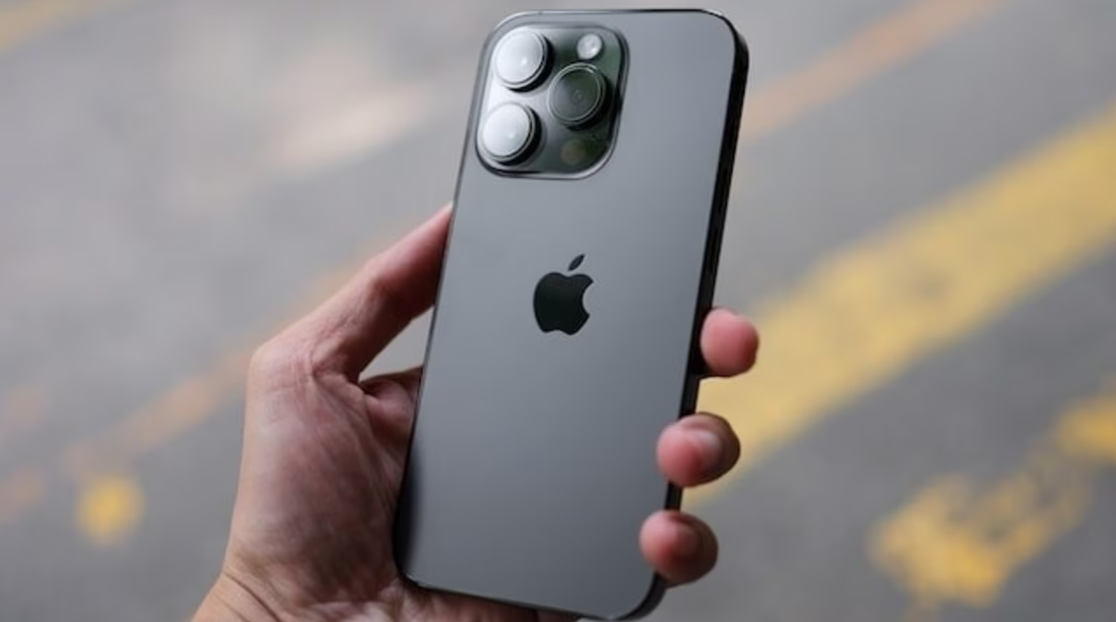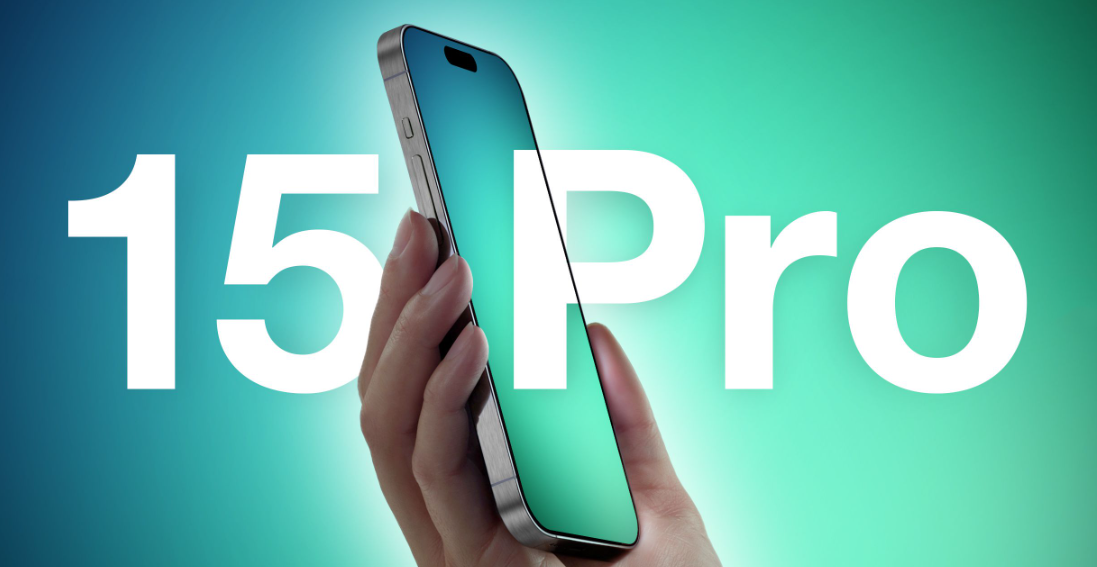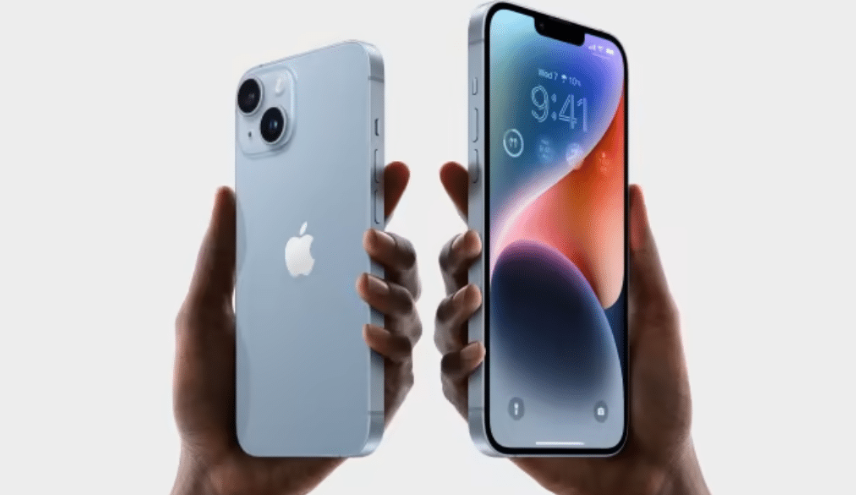As expected, iOS18 AI is strictly limited, and advanced features are only available on Pro models!
![]() 06/05 2024
06/05 2024
![]() 588
588
As you all know, Apple has been using terms like "big move" and "bombshell" to promote its Worldwide Developers Conference these days. Since the conference hasn't started yet, no one knows if the content will be significant or not, but Apple's upcoming release in a few days is pretty much what we've guessed: AI. Sometimes, what you guess really comes true. Apple's precise "knifework" has once again been perfectly demonstrated in AI, creating different experiences for different devices.
According to renowned leaker Mark Gurman, AI functions in iOS18 are divided into basic and advanced versions. The basic version has low requirements and can be used by any iPhone that can upgrade to iOS18. Moreover, the iPhone's built-in chip can handle all basic AI functions, meaning it's a generative AI that can be used without an internet connection. Logically speaking, such AI functionality should be considered quite powerful.
However, the advanced version of AI only supports the iPhone 15 Pro series models (you read that right, the iPhone 14 Pro series is not supported). Does Apple's precise knifework make you submit?

At this point, you may have another question: will the entire iPhone 16 series support the advanced version of AI? The leaker did not explicitly state, but personally, I believe that if Apple considers the sales of the iPhone 16 standard edition, it should also allow it to support the advanced version of AI. Furthermore, according to the pattern of the previous two years, the iPhone 16 standard edition will use the same chip as the iPhone 15 Pro, so there's no reason it shouldn't be supported, otherwise, it would be too embarrassing.
Of course, with Apple's style of doing things, it's not impossible for them to do something that ordinary people can't understand (such as only allowing the iPhone 16 Pro to support the advanced version of AI).
However, the so-called iOS18 advanced AI function has also raised doubts among netizens, as the leaked information claims that it relies on cloud servers, meaning it requires an internet connection to use. Apple has even deployed more powerful cloud server chips for this purpose, which seems different from the current mainstream approach of implementing AI functions. Competitors rely on chips to achieve generative AI locally, while Apple's more powerful AI relies on servers. Is Apple going against the mainstream AI function?

Obviously not. It's highly likely that the performance of existing chips cannot meet Apple's requirements for implementing advanced AI functions, so they have to rely on the internet to solve the issue. But problems arise from this. Since it relies on cloud servers, once there's no internet connection, the advanced AI functions cannot be used, which means it's not truly AI. Would Apple not understand such an embarrassing situation?
Therefore, I personally guess that Apple may utilize the advanced AI function on the iPhone 16 series, such as allowing the iPhone 16 and iPhone 16 Plus to support the advanced AI, but requiring an internet connection. However, the iPhone 16 Pro and iPhone 16 Pro Max can achieve advanced AI functions without relying on an internet connection through more powerful chips. By the time the iPhone 17 comes out, the entire series will support locally generated advanced AI, which is the perfect scenario for Apple.
In addition, it is rumored that Apple has redesigned Siri in iOS18, updated its underlying algorithms, and its intelligence level should see a significant improvement.

Recently, many Apple fans have been asking online if they don't care much about the AI functionality of the iPhone 16 standard edition, but they hope to have a 120Hz refresh rate like the Pro version. Personally, I think this is a dream, and such a "major selling point" wouldn't be released for another two years, right?





